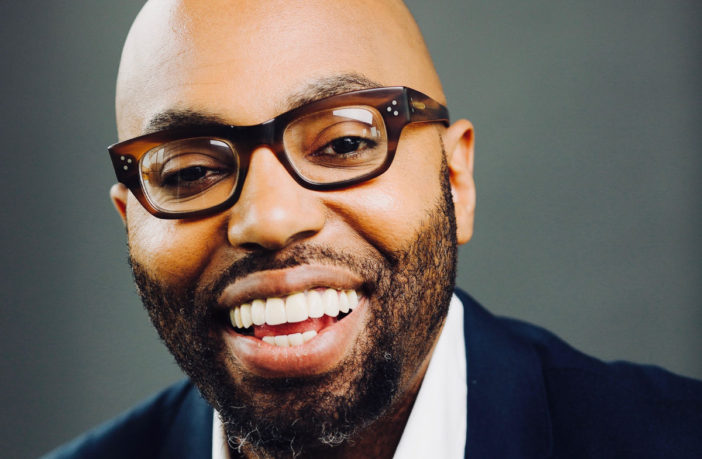By Megan Sayles, AFRO Business Writer,
Report for America Corps Member
msayles@afro.com
As a young boy, New York native Christopher Emdin was always interested in how the universe works. He was an inquisitive child, and his mother would foster his curiosity.
When he began school, Emdin quickly developed a passion for science, which endured into his college years. With degrees in physical anthropology, biology, chemistry and natural sciences, Emdin felt fortunate to have his family’s support but he also felt discouraged by science’s diversity problem.
“The further along I went in the world of science, the less I saw Black and Brown children, the less I saw people who were from my neighborhood,” said Emdin. “It was gut-wrenching.”
Emdin decided to use his degrees to work as a math and science teacher at schools in urban neighborhoods. He discovered that while many young people of color can envision themselves as experts in sports or music, they do not believe that they can excel in science, technology, engineering and math (STEM).
“They say ‘I can’t do this,’ before they even try, and I think it’s because schools have made them believe that you have to pick one side of your identity really early,” said Emdin.
Emdin decided he needed to do something to address the lack of STEM self-esteem in youth, so he started HipHopEd, a nonprofit that exists at the intersection of hip-hop and education.
What started as a Twitter conversation has now grown into a global movement that collaborates with teachers and legislators on the development and implementation of hip-hop-based interventions in study areas that include STEM, counseling, literacy and school leadership.
One of the organization’s premier initiatives is Science Genius. In this program, students create science-themed raps and songs that focus on the content they’ve learned in their classrooms. The goal is to engage urban youth who are typically disconnected from science.
According to Emdin, if students can combine their personal interests with a degree in a STEM subject, they will become significantly more employable. He wants to be the person that can change young people’s assumptions about the difficulty of STEM education and careers.
Aside from his work with HipHopEd, Emdin has also written several books surrounding STEM education and cultural competency. His latest work is titled “STEM, STEAM, Make, Dream: Reimagining the Culture of Science, Technology, Engineering and Mathematics.”
The book provides strategies for educators, policymakers and community leaders to increase equity and encourage curiosity in STEM.
“We should not require luck to be able to uncover our genius, and so I want to leave a legacy where I have created an infrastructure, artifacts practices where every young child will intentionally get confronted with their own genius and step into that,” said Emdin.
Help us Continue to tell OUR Story and join the AFRO family as a member – subscribers are now members! Join here!



